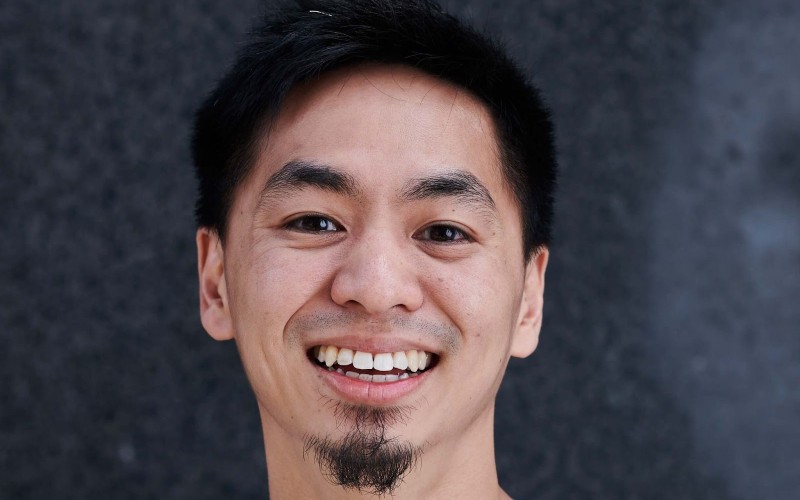Everyone likes shiny objects – but they could be the downfall of your startup if you’re not careful.
In a business context these might represent networking chats, conferences and events. It is more beneficial to spend your valuable time with your early customers, says Tim Chong, CEO of London startup Yonder.
The rewards-based credit card was founded in 2021 by ClearScore alumni Chong, Theso Jivajirajah and Harry Jell following the former’s struggles to access quality credit products as an Australian citizen in the capital.
Starting out as a small team of seven in a tiny co-working space in Kings Cross, Chong says the focus was on getting its product into the hands of early adopters as quickly as possible, giving them a chance to learn and iterate.
“Watch out for the shiny objects,” he tells TechBlast. “Building a startup is about doing fewer things well – you’re massively under-resourced compared to most companies, so you have to be hyper focused and make tough trade-off decisions on what you focus on and what you ignore.
“You can’t solve every problem, so being hyper-focused and saying no often is important. Don’t get caught up with endless networking chats, conferences and events – at the early stage, you should spend 99% of your time with your customers and building your product.
“It always starts with customers. The purpose of a business is to create and keep a customer – my experience is that most larger companies lose sight of their customers and get caught up with the internal jockeying for power and their internal metrics, forgetting the reason why their company exists.”
Yonder, which aims to launch in other UK cities then expand its rewards offering into other sectors, has built “a truly remarkable team”, Chong says.
“Team matters more than anything. Building the right team and the right culture has a multiplicative effect – great teams attract other great people, making building 10x easier and 10x more fun,” he expands.
“A lot of people get caught up with the size of the team but don’t think about the density of quality. I’ve personally found that smaller teams of super high calibre are much more impactful than large teams of average talent.”
When credit cards launched in the 1960s they were a revolutionary alternative to cash and instalment loans, with wide merchant acceptance and innovative features like interest-free periods.
But since then there’s not been much change, Chong says, with reward schemes that still reflect the loyalty programmes which started in the late 1980s.
And over the past 50 years, the credit card has turned from a financial innovation to a source of stress for a lot of people, with credit card debt reaching £72.1 billion in 2020.
The startup is aiming to fix the dysfunctional relationship between banks and their customers through technology. It has raised £20.9 million from VC funds including Seedcamp, Northzone and LocalGlobe. It also counts Frank Strauss (Deutsche Postbank), Matt Robinson (GoCardless) and Rio Ferdinand amongst a host of angel investors.
“It’s a marathon, not a sprint – it takes at least 10 years to build a great business,” is Chong’s view. “A lot of people want to rush the process and don’t want to spend time building the foundation.”
He advises: “Invest time in this and find a sustainable pace that’s quick but maintainable. I don’t believe you can build a startup by working 9-5, but working 70+ hours a week isn’t sustainable either.
“Go into the process with your eyes open. A lot of people are caught up with the glamour of being a founder, but don’t realise how hard it is. The highs are higher than you expect, and the lows are lower. It’s the toughest job I’ve ever had, but the most rewarding.”


